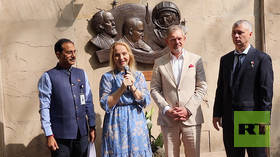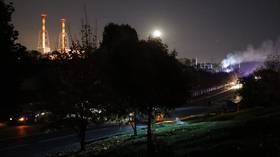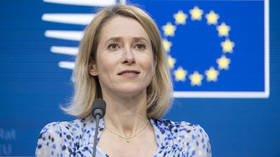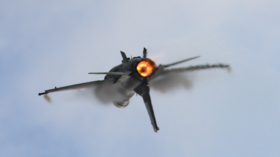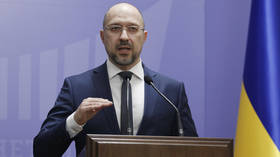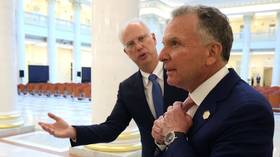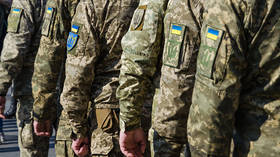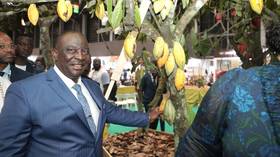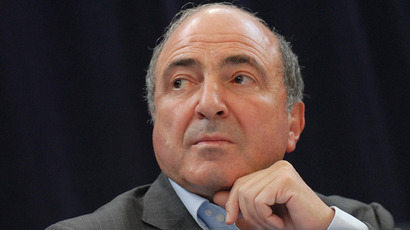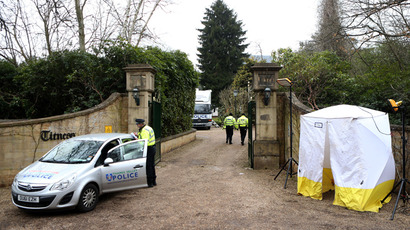Berezovsky death: Police say suicide, family say murder, coroner records ‘open verdict’
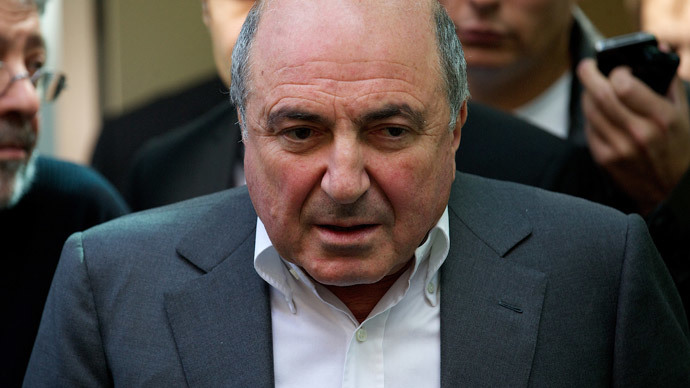
The coroner has pronounced an ‘open verdict’ on the death of fallen tycoon Boris Berezovsky, after a two day hearing during which “contradictory” evidence was heard.
"I am not saying Mr Berezovsky took his own life, I am not saying Mr Berezovsky was unlawfully killed. What I am saying is that the burden of proof sets such a high standard it is impossible for me to say," Berkshire coroner Peter Bedford told a Windsor court.
Inquests held into potentially suspicious deaths require definitive evidence that the deceased took their own life, meaning that thousands of suicides each year are recorded as ‘open verdicts’.
Nonetheless, the testimonies heard in front of the court painted a contrasting picture of the last moments of the life of the exiled former Kremlin power-broker, who died on March 23 last year.
Berezovsky’s longtime bodyguard Avi Navama painted a picture of a man devastated by the loss of his last-chance 2012 court case against Roman Abramovich, which likely bankrupted him, and forced him to move to his ex-wife’s mansion. Navama described Berezovsky as a “shell of a man” who would often ask strangers about tips for committing suicide in his final months.
"It is clear to me that it had a significant effect both on his finances and ultimately on his mental health," said Bedford, who said he had heard “compelling” evidence of Berezovsky’s ability to carry out suicide.
The suicide version was backed up by the police, who conducted an intense investigation of the possible causes of death of the 67-year-old, who was found in the bathroom with his favorite scarf around his neck.
Forensic experts found no evidence of even microscopic signs of struggle, and toxicology reports identified no poisons or other toxic substances in Berezovsky’s body.
But opposite evidence was presented by Bernd Brinkmann, a renowned German expert on asphyxiation, who was hired by the tycoon’s family.
"There is no way for a death by hanging to have occurred,” said Brinkmann, who claimed the shape of Berezovsky’s injuries and the discoloration of his face when he was found suggested a violent death.
Brinkmann said that the tycoon was strangled, and then hung on a bathroom rail in an imitation of suicide.
Bedford said that the German pathologist’s scenarios "stretched credibility too far", and noted that he only examined photos of Berezovsky, and not the scene.
Berezovsky’s daughter Elizaveta blamed the Kremlin for the murder of the man who helped Vladimir Putin win his initial presidential term in 2000.
"I don't think they liked what my father was saying. He was saying that Putin was a danger to the whole world and you can see that now," she told the court.
Berezovsky acquired his wealth through complex and semi-legal schemes following the fall of the Soviet Union, and became a member of first Russia president Boris Yeltsin’s inner circle.
But he was rebuffed by Vladimir Putin, and fled the country in 2000, becoming one of Putin’s harshest critics, while failing to maintain his fortune in a series of misguided business deals and ill-advised court cases. He was subsequently convicted of embezzlement in absentia in Russia, but appears to have asked Putin personally to return to his homeland just weeks before his death.



